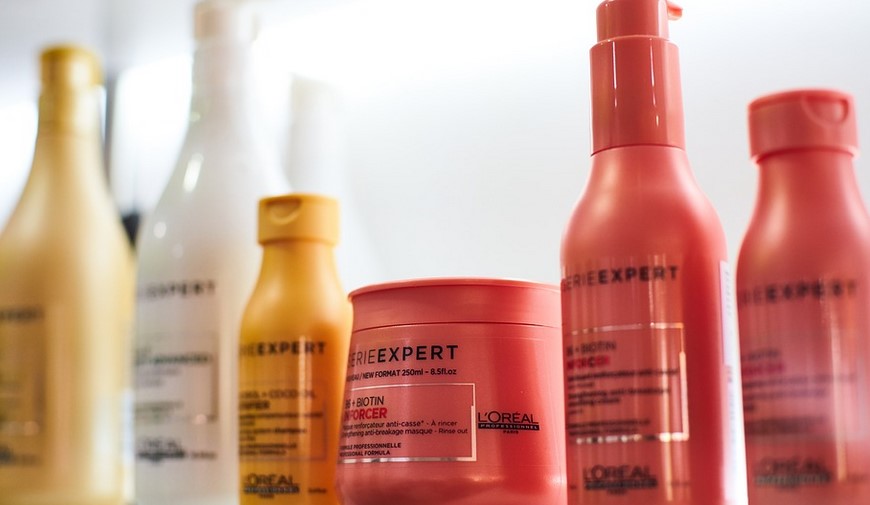Introduction
Seborrheic dermatitis is a common skin condition that causes red, scaly patches on the skin. It can occur on the scalp, face, chest, and other parts of the body. While the exact cause of seborrheic dermatitis is still unknown, it is believed to be caused by a combination of genetics, hormones, and environmental factors. One of the most effective treatments for seborrheic dermatitis is the use of steroid cream.
What is Steroid Cream?
Steroid cream is a topical medication that contains corticosteroids, a type of hormone that reduces inflammation and itching. Steroid creams come in different strengths and are used to treat a variety of skin conditions, including seborrheic dermatitis.
How Does Steroid Cream Work for Seborrheic Dermatitis?
Steroid cream works by reducing inflammation and itching associated with seborrheic dermatitis. It also helps to reduce the redness and scaling of the affected areas.
Types of Steroid Creams for Seborrheic Dermatitis
There are different types of steroid creams available for the treatment of seborrheic dermatitis. The most common types are hydrocortisone, betamethasone, and clobetasol. Hydrocortisone is the mildest steroid cream and is available over-the-counter. Betamethasone and clobetasol are stronger steroid creams and require a prescription.
How to Use Steroid Cream for Seborrheic Dermatitis
Before using steroid cream for seborrheic dermatitis, it is important to consult a dermatologist for proper diagnosis and treatment. The dermatologist will recommend the appropriate strength of steroid cream to use and how often to apply it. It is important to follow the instructions carefully and not to overuse the cream, as it can lead to side effects.
Possible Side Effects of Steroid Cream for Seborrheic Dermatitis
Steroid cream for seborrheic dermatitis can cause side effects if used for prolonged periods or in high doses. The most common side effects include thinning of the skin, acne, and increased hair growth. In rare cases, steroid cream can cause more severe side effects such as skin infections, glaucoma, and cataracts.
Alternative Treatments for Seborrheic Dermatitis
Aside from steroid cream, there are other treatments available for seborrheic dermatitis. These include medicated shampoos, antifungal creams, and phototherapy. It is important to consult a dermatologist for proper diagnosis and treatment.
Preventing Seborrheic Dermatitis
While seborrheic dermatitis cannot be cured, it can be managed through proper skincare. This includes keeping the affected areas clean and dry, avoiding harsh soaps and detergents, and using a moisturizer to keep the skin hydrated.
Conclusion
Steroid cream is a highly effective treatment for seborrheic dermatitis. However, it is important to use it under the guidance of a dermatologist and to be aware of the possible side effects. With proper treatment and skincare, seborrheic dermatitis can be managed effectively.

